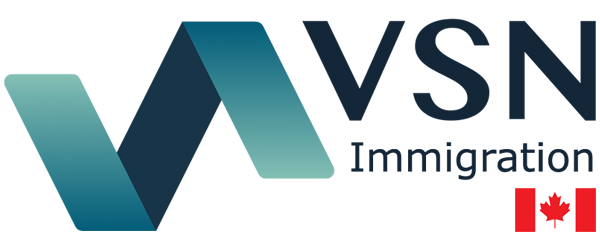Foreign skilled worker demand has significantly risen this year for Canadian employers
Western Canadian employers seeking overseas skilled workers have seen a significant rise this year, with a 39% increase in LMIA applications nationwide and 83% in Western Canada. Yukon is the sole exception, with a slight decrease. Nunavut had the highest growth in applications, followed by Northwest Territories, Manitoba, and Saskatchewan. LMIA processing times are slow, with Alberta having the longest. This is because fewer applications are in priority processing streams. Efforts have been made to modernize the Temporary Foreign Worker Program, including distributing files across the national network, moving away from paper applications, and simplifying applications for compliant employers through the Recognized Employer Pilot.
#LMIA, #TFWP, #foreign_workers, #statistics
Immigration boosts school enrolment in north-east Ontario
Northeastern Ontario schools, previously facing decreasing enrolment, are seeing a boost due to recent immigration, according to Radio Canada International. This shift reverses a long-term trend, with school boards like the Huron-Superior Catholic District reporting 180 more students than last year. This influx has prompted a need for more staff and renovations. Other boards, such as the Rainbow District and Sudbury Catholic District, also report increased student numbers. The Near North District School Board has welcomed 34 more students, totalling a student body of 10,044 this fall.
#International_students, #Ontario
Canadian businesses expect a positive economy this year
Canadian business owners are optimistic about the future as inflation slows, with many planning to hire. Eight in ten business leaders report their businesses are growing, and 76% are hopeful about their performance over the next five years. Despite a slowdown in job growth and the housing crisis, 65.9% of businesses remain optimistic about the next 12 months. Foreign investors with similar optimism can gain permanent residence via the Start-Up Visa (SUV) program. This program, which has launched 200 start-ups since 2013, considers angel investors, venture capital funds, and business incubators. Investment requirements are $75,000 from angel investors, $200,000 from venture capital funds, or acceptance into a business incubator program.
#SUV, #Start_up_visa, #Business_immigration_to_Canada
Job vacancies fell in September as more Canadians secured employment
Statistics Canada reveals a drop in job vacancies in September as more Canadians found work. Job vacancies fell by 40,700, continuing a downward trend from May 2022’s peak of over a million. Despite the decline, payroll employment improved, with 22,100 more people employed in September, following a decline in August. The largest increases were seen in educational services and healthcare, while accommodation, food services, and retail trade sectors lost workers. The job vacancy rate dropped to 3.6%, the lowest since January 2021. Job vacancies decreased in Ontario, Quebec, and Nova Scotia and increased in Manitoba and Prince Edward Island. Foreign nationals can gain permanent residency in Canada through various economic immigration programs.
#Statistics_Canada, #jobs, #vacancies, #employment
